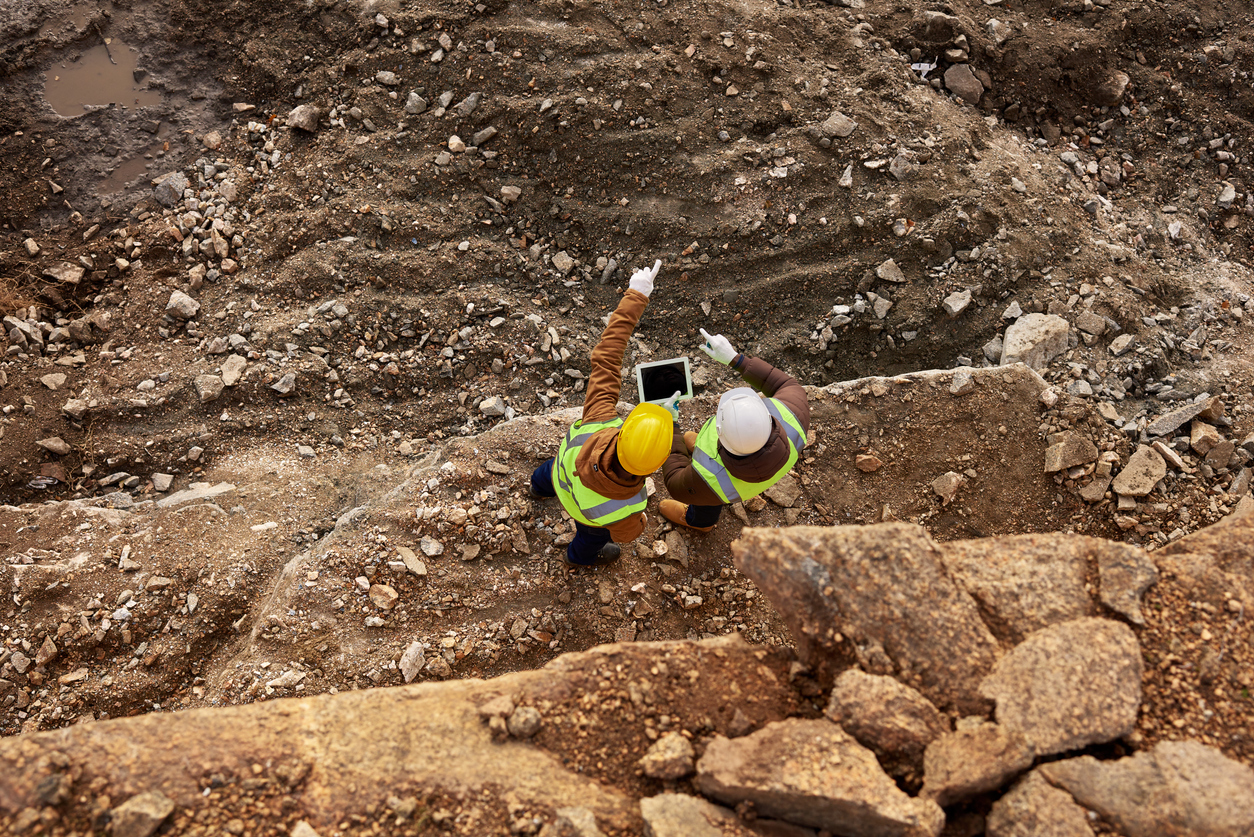
As Bristol Bay Fishery Reaches its Midway Mark, Let’s Remember That Mining Makes the Season Possible
June 25th will mark the end of the first fishing opening of the 2021 Bristol Bay salmon season. Having been open since the end of May, the first opening tends to be a much smaller harvest than the July harvest timeline.
With forecasts for the 2021 season ranging from 36 to 50 million sockeye, the Bristol Bay fishery is clearly world-class, and has sustained the region’s residents – as well as the 70% commercial licensees from outside of Alaska – for generations.
Led by the United Fishermen of Bristol Bay, many of the permit holders have long opposed mining in the region, with the proposed Pebble prospect exhibit “A” in their fight.
This background leads to a fascinating statement regarding the hypocrisy of the positions of the majority of the fishermen in Bristol Bay: without mining, their lifestyles and jobs would be nearly impossible.
Think about it. At the most basic level, fishermen need boats (made from aluminum, copper, steel and other compounds), with combustion engines and batteries (copper, lithium, cobalt), led to and from the fishing grounds by navigation units (copper, gold, nickel). Once there, they use nets (weighted by lead, steel) deployed and retrieved by hydraulic equipment (aluminum, steel, copper) to catch the fish, which are then picked and placed in holding tanks chilled by either seawater or ice (made in coolers using copper, aluminum). The fishermen then power back to shore and deliver their catch to processing factories that depend on numerous mined materials as well.
We could pile on the hypocrisy of the fishermen who oppose the barely-significant threat of a mining disaster by pointing out that they also regularly produce and dump human waste into the fishing areas (illegally, by the way), that they produce copious amounts of bycatch (fish inadvertently caught and killed during the pursuit of the salmon), or that they poison the fishing grounds with oil and gas spills without much concern.
But opposing a mine that the Army Corps of Engineers, through the NEPA process, says will co-exist with fishing without threatening it? Well, that’s their story and they’re sticking to it.
The copper, gold, molybdenum and rhenium produced by responsibly developing Pebble would help with “green” technologies, which would make the fishing grounds less polluted over time, and would protect their fishery and way of life.
The benefits to mining Pebble outweigh any feelings-over-facts fallacies thrown around by fishermen in the region. That – as well as the fact that mining makes their jobs possible to begin with – is indisputable.
June 18, 2021